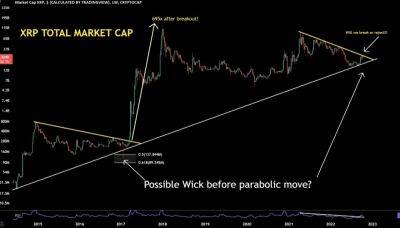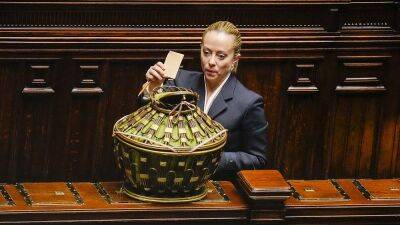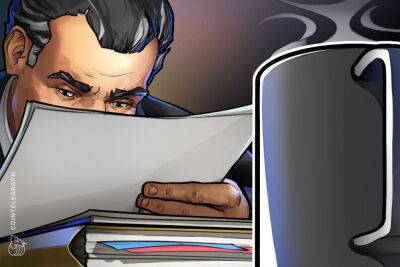‘It’s a major concern’: how two UK firms are facing up to pound’s crash
After plunging to a record low against the US dollar overnight, sterling recovered some of its losses on Monday but still remained near to a historic lows. Its latest tribulations follow a long decline in value against a broad basket of currencies that began in mid-2015.
The weakening pound creates winners and losers among businesses. For exporters, including some manufacturers, the makers of world-famous products such as Scotch whisky, and attractions favoured by foreign tourists, a weaker pound can be a boon.
However, the UK tends to run a trade deficit, importing many of the products and commodities used by businesses. The devalued pound means those companies face higher input costs – potentially adding to the UK’s inflationary problems.
For businesses, the reaction to a falling pound depends on which side of the dividing line they fall.
Oakham Ales was one of the first UK brewers to source hops from America, seeking bolder, punchier flavours.
It proved a wise decision, catching the zeitgeist as consumer tastes changed. Citra is now a common ingredient in the mash tuns of Britain’s craft brewers and Oakham’s own award-winning Citra ale is sold in supermarkets such as Tesco and Morrisons.
The fall in value of sterling poses a threat to that success story.
“It’s a proprietary hop, which means we have to buy direct from one of the big American hop companies,” said Oakham’s spokesperson, Nick Jones. “There’s no option on that, we have to buy in dollars, so obviously the pound plunging is a big problem for us.
“We were already expecting US hop prices to go up significantly because production is energy heavy. Now we’ve got this on top of it.”
Oakham was buying about 24 tonnes of Citra a year before the pandemic, meaning it stands to
Read more on theguardian.com


![Huobi Token’s [HT] key metrics to help you sail through crypto winter](https://finance-news.co/storage/thumbs_400/img/2022/10/15/44990_aeh1s.jpg)







![Voyager [VGX]: Creditors oppose the immunity plan, details inside](https://finance-news.co/storage/thumbs_400/img/2022/10/15/44982_tbvyf.jpg)




![Here’s what Polkadot [DOT] holders can expect in the coming days](https://finance-news.co/storage/thumbs_400/img/2022/10/15/44977_givb.jpg)



![Reasons why ApeCoin [APE] token holders should be celebrating](https://finance-news.co/storage/thumbs_400/img/2022/10/15/44972_xnl.jpg)


